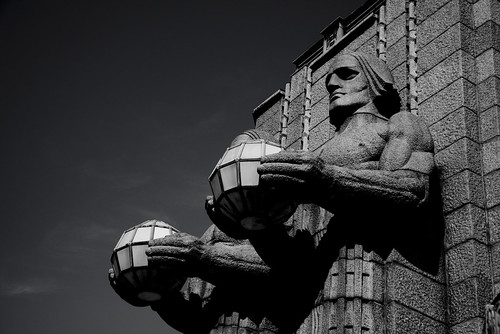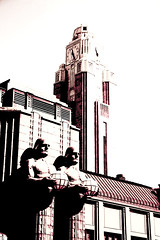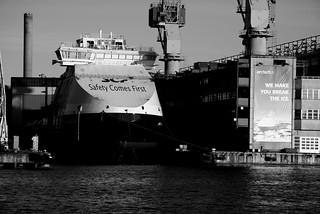One of the core concerns raised prior to the referendum in the UK on 23 June related to funding for scientific research. In a way, it was one of many aspects of exit which was either ignored by the greater part of the population, or simply did not exist for them. Since the referendum, anecdotally, researchers are finding that they are less likely to be included in new applications for EU grant funding for large scale research projects. Projects which may have budgets of over a million euro. We are not talking about fiddly little projects.
The response in the UK to this has been sadly rather illuminating. There are some people who just see the EU as an amorphous blob and assume that reports of funding opportunities at EU level dropping off is the fault of the EU (rather than the fault of the UK for voting a desire to be out). There are some people who saw this coming and are irate that they were ignored in the run up. What is said is that there are people who just don’t want to hear when they are wrong.
What the EU are doing, they declare, is illegal. This is evidence that they do not know what the EU are doing anyway, which, in this case, is nothing. People putting projects together are less likely to include British based researchers because Britain’s position in the EU over a time frame of 5 years is now extremely unclear. This is hardly the EU’s fault, nor is it the fault of the researchers putting projects together. They are dealing with reality here.
I find it extraordinary that people who want to be out of the European Union are complaining bitterly about things happening that are on their road to being out of the European Union. What did they think was going to happen? That nothing much would change, that they would retain every facet of their lives currently only that the gold starred blue flag would go away and that they’d get all the benefits of being part of the European Union without actually having to contribute to it?
There is a view about in the UK that this will lead to the loss of a lot of researchers who will choose to move where things interest them rather than remain in the UK where there has been a lot of messing with local funding for academic research. Equally, there are views around that researchers are bleeding the country dry and not doing real work (not like those private sector employees). In all of this, I wonder where we lost the ability to recognise that sometimes, we don’t know (when you have people who do no scientific research at all screaming that senior scientists do not know what they are talking about when it comes to scientific funding, there’s a serious problem with the inability to recognise the limits of your own knowledge).
Even if the UK are to make a reasonable success of having to create links with all those countries they already had links with, I do not know how we fix society such that people listen and learn rather than listen and scream back.
As it happens, I spent a year at university in the UK. I am reasonably sure that people will adapt and cope. But you know, adapting and coping with a self inflicted injury is somehow harder than avoiding the injury in the first place. The UK is on a journey, now very much without a map I suspect.


